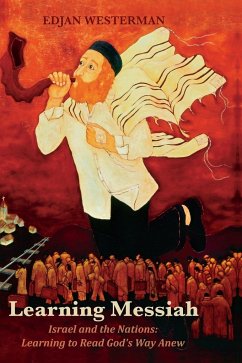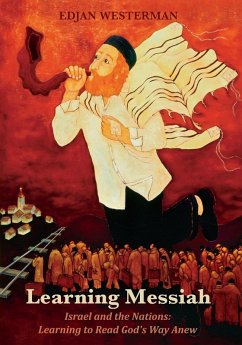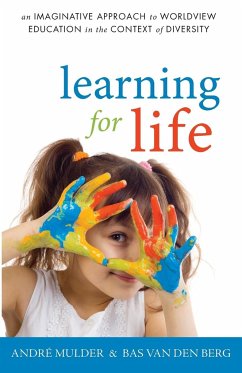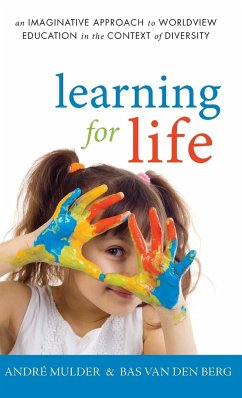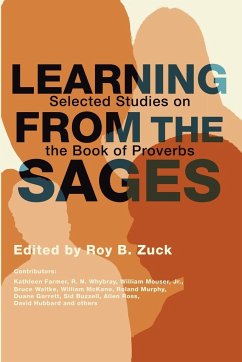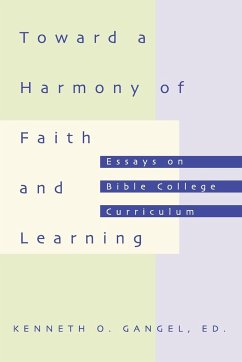Israel's election, calling, and history make up a big part of Scripture. It could be said that they belong to the ""DNA of the Bible."" But why is it then that the Christian narrative about the Messiah, Israel, and the nations, often seemed to have and sometimes even still has a different ""genetic structure""? Does Israel--together with its election and promises--leave God's stage through a side door, when Jesus appears on stage? Does a changing of roles take place, within a different story? Does the Messiah function within it as some kind of ""black hole"" in which the eternal election and calling of Israel disappear? How do we read God's way? The Holocaust made us realize that our de-Jew-ized reading and preaching of Scripture contributed in various ways to this catastrophe. And we find ourselves confronted by the question: How does the narrative of the Bible then look when the whole of Scripture plays a decisive role, and the faithfulness of God toward Israel stays in the center? This book presents an answer to these questions, calling us to learn to read God's way anew, and to walk in it.
Hinweis: Dieser Artikel kann nur an eine deutsche Lieferadresse ausgeliefert werden.
Hinweis: Dieser Artikel kann nur an eine deutsche Lieferadresse ausgeliefert werden.

